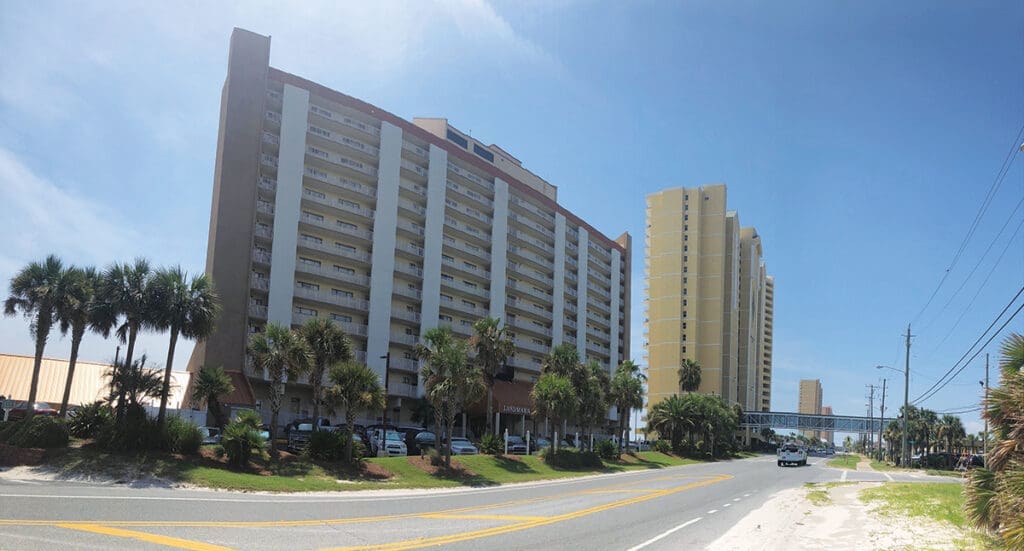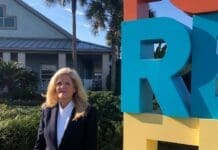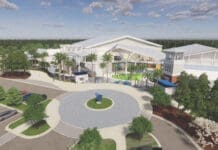By Ed Offley
For tens of thousands of condo owners in the greater Panama City Beach area, the greatest threat this year has not been another major hurricane, but instead, a new state law aimed at mandating structural inspections and cash reserve funds to safeguard older condominiums.

Three years after the fatal collapse of the Champlain Towers South condominium in the Miami suburb of Surfside, owners of older condo units statewide in January came under the provisions of Senate Bill 4-D, which requires owners of all buildings over 30 years old to conduct a structural inspection by December 24, 2024, and to amend their annual budget assessments to ensure each property has sufficient cash reserves to repair or replace key structural elements such as the roof, load-bearing walls and other fixtures by the end of their useful lives.
The result has been a rash of news stories from south Florida of retirees living on fixed incomes suddenly confronted by special assessments on their condos that in some cases have surpassed $100,000.
Janet Stone, an Ormond Beach retiree who purchased a $400,000 condo three years ago, told NBC news last month she has been forced to go back to work to pay off a $100,000 assessment that landed in her mailbox after inspectors found her 53-year-old building needed major structural renovations.
However, several experts in the PCB area condo market say local properties– and their individual owners — have by and large escaped that trauma.
When the new law went into effect in January, there was a brief “rush to sell” of individual condos, said veteran Realtor Garrett Aune of Beachy Beach Real Estate. “But in the last several months,” he added, “the run on units has slowed down, and condos are now holding their value very well.” One marker – the average cost per square foot of a unit – declined only 3 percent in July from the same period in 2023.
Ben Alexander, a Counts Real Estate Group agent specializing in the PCB area condominium market, said it is still too early to know the overall impact of the new law on local properties, but added there appear to be no signs of panic sales as documented in Miami-Dade County and other south Florida cities.
“It seems over half of the condos [in the PCB area] have gotten ahead of this and already raised their dues,” Alexander said.
While current condo sales are somewhat lower than the spike that occurred in the immediate aftermath of the Covid-19 pandemic, sales levels compared with 2019 show a return to normal, he said.
Still, like the rest of the real estate market, condo owners and developers are struggling with two other issues, higher interest rates and surging property insurance costs.
“There are still buyers,” Alexander said. “They are mostly [purchasing with] cash, looking for second homes or retirement. These folks are not concerned with interest rates.”
In Panama City Beach and unincorporated Bay County, about 25 major condominium projects with a total of over 4,000 units fall under the new state law provision mandating structural inspections for properties 30 years old or older. They range in size from the Ambassador, with 50 units, to Edgewater Beach, with 456 units in three towers.
Those older units comprise about one-fifth of the 20,109 condo units in the city and county, according to the Bay County Property Appraiser’s office.
“The reality is it’s not that bad,” Aune said of current market conditions.
A review of recent condo sales at selected older properties by PCB Life confirmed their assertion that the local market remains calm. Of 50 recent condo sales at six older projects last month, eleven were at or even above the listing price, and all but a handful were sold for between 95 and 99 percent of the list price.


























































